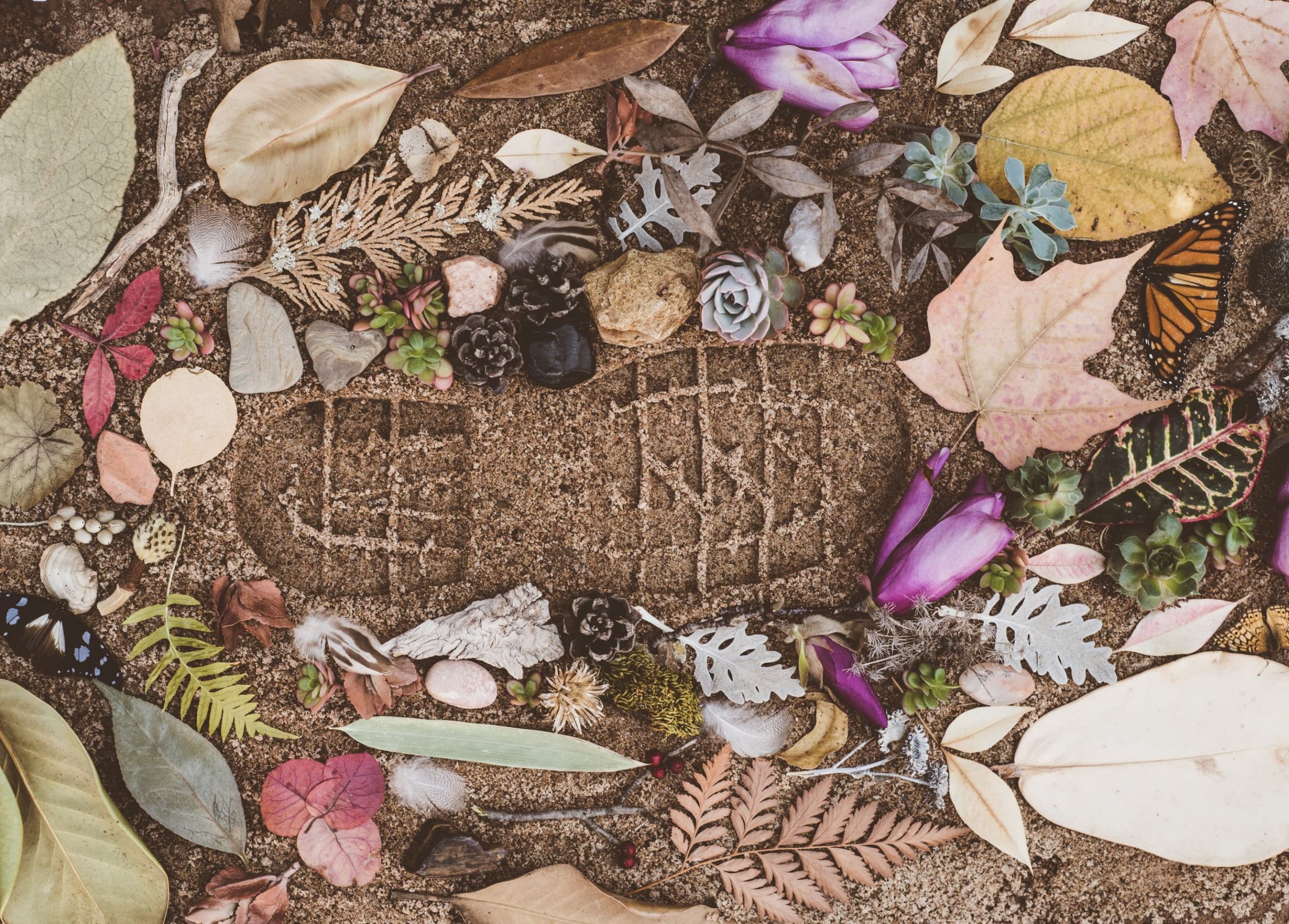How often do we hear that we should “reduce our footprint?” Are you constantly thinking that you need to “minimize your impact?”
These phrases are common in our communication related to sustainability, especially in the tourism industry. Yet, terminology like this automatically assumes we as humans are destructive — that our existence is harmful by default.
For generations, humans have lived in abundance with the planet. They have fostered a mutually beneficial and generous relationship with the land, animals, water sources, and air. Yet, instead of respecting, appreciating, and learning from that balance and harmony, we as society have created a narrative that paints people as creators of damage. Intrusive simply by being.
This is not an empowering narrative. It is a form of deficiency framing, which means focusing on problems instead of potential and what is wrong rather than strength. It asks people to minimize themselves and the positive influence they can have on the environment, the earth, and the current climate emergency. It suggests that we are separate from the ecosystem and environment in which we live and exist. Ironically, that, in and of itself, is destructive.
It’s time to flip this narrative.
As the tourism industry begins exploring what regenerative tourism looks like, it’s also essential to examine the language, messaging, and storytelling we use. We need to think about how we as people coexist as one piece of a complex ecosystem on the planet. This includes leaning into our shared humanity and learning from those who have deep roots and connections with the natural environment.
It also requires that we rethink the way we talk about impact.
Here is what we can do today to begin shifting the conversation from one focused on destruction to one that embraces regeneration:
- Be specific and clear when using nouns to stand in for both adjectives and nouns. For example, don’t say that humanity needs to reduce its footprint when what you mean is that we need to reduce our carbon footprint.
It has become commonplace to use words like “impact,” “use,” and “consumption” with a negative connotation without clarifying whether they actually are. In fact, regenerative tourism would require that we have a positive impact, use with intention, and responsibly consume. - Focus on shared intention. Our language is heavily focused on individuals, and there is a reason for that. British Petroleum (BP) popularized the term “carbon footprint” and turned the focus on individual actions. This took the focus off large corporations that are largely at the root of the climate emergency we face today.
I am a big believer that individuals’ actions matter, and that we all need to adopt a “yes, and” mindset. However, at the end of the day, if we’re truly going to turn the tide on the climate emergency and our planet’s destruction, we need to collectively come together and focus on shared intention. This is not a you vs. me problem we face. It’s a people vs. power one, and each one of us stands on the side of “people. - Shift your mindset from one of disconnection and reduction to one of abundance and expansion. Regenerative tourism isn’t about taking up less space. It’s about embracing our space in the most synergetic, collaborative way possible.
I’ve noted before that the key feature we seem to be forgetting about regenerative tourism is that it’s not actually about tourism. It’s about integrating tourism practices into and through a community’s fabric and livelihood. It is not separate and distinct but integral and part of the whole. - Think about positive and restorative impacts in your daily life. Living and working in a regenerative ecosystem isn’t just about minimizing negative actions and decreasing extraction. It also involves living and acting mindfully and with intention. We shouldn’t only do less harm. We need to do more good.
What examples have you seen of travel and tourism approaching impact from a place of abundance? Share your stories below so others can learn!




Good things to consider. Thanks
Thanks, Teresa. I’m glad you found this article helpful.